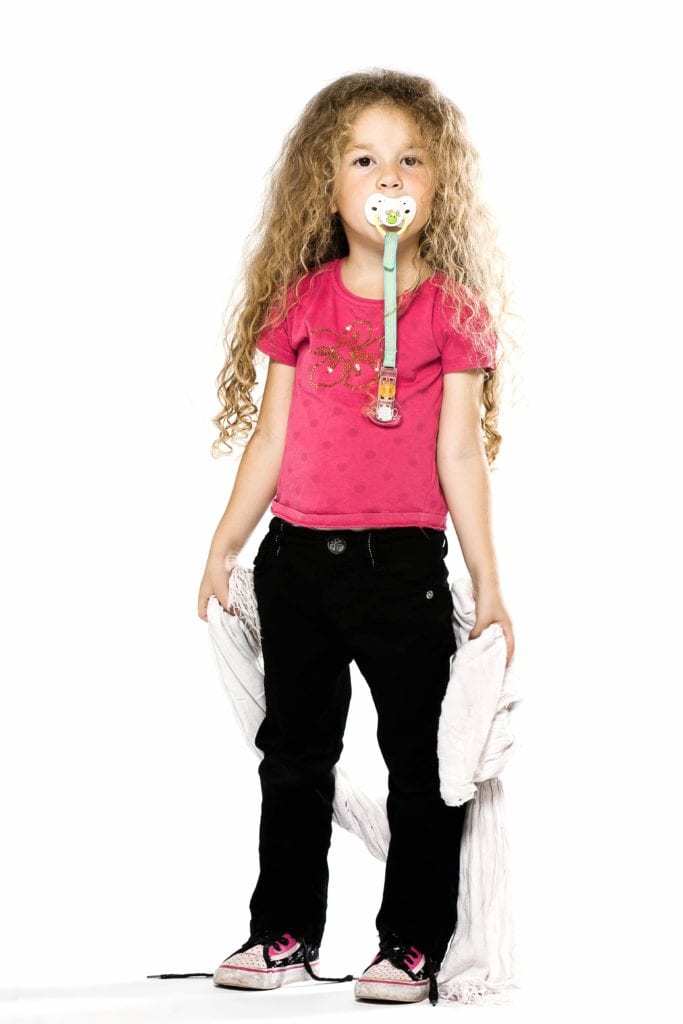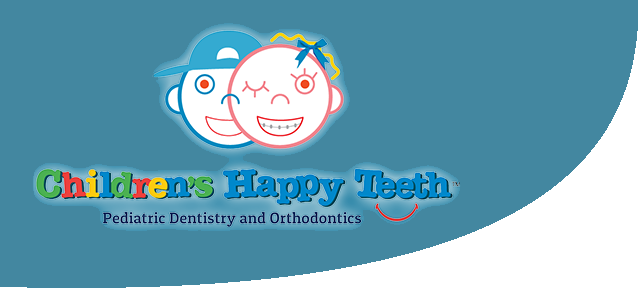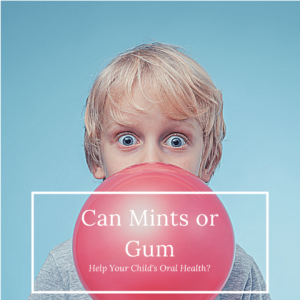As a parent, you love seeing your child smile. However, although you love their crooked little smile, you may also be wondering if that adorable little smile is going to need braces at some point. Even if you’ve never immediately wondered if your child will need braces, it is a good idea to have them checked out anyways. This is because you may be able to prevent your child from needing braces in the future by getting them early orthodontic treatment.
Pediatric dentists and orthodontists recommend having your child evaluated by an orthodontist around the age of 7 once all their primary teeth have erupted and just before they start getting their permanent teeth. This allows your child’s orthodontist to evaluate their teeth and take x-rays of their permanent teeth to determine if braces may be needed in the future. In some cases, your child’s orthodontist may begin orthodontic treatment or they may simply monitor your child to see how their permanent teeth grow in.
Generally speaking, there are a few things that can increase your child’s likelihood of needing braces once they get older. Although these things do not necessarily guarantee your child will eventually need braces, your child should be seen by an orthodontist to confirm whether or not braces can be beneficial. Here are some indications that your child might need braces:
They Breathe Through Their Mouth While Sleeping

Although your child may breathe through their mouth when they are congested, if they do it all the time, this can be cause for concern. This is because regularly breathing through the mouth can cause improper facial development that results in a long face, droopy eyes, less prominent cheekbones, flatter facial features, and a narrow palate. Frequently breathing with the mouth open can also cause the upper jaw to grow more than the lower jaw, which can cause an overbite. If your child is mouth breathing, talk to your pediatrician or your pediatric dentist for more information on what is causing this behavior.
Their Jaws are Too Small
Sometimes, your child’s jaws are simply too small for the amount of teeth trying to erupt. When this happens, the teeth will overlap one another. In some cases, severe crowding can prevent certain teeth from erupting properly or at all. Overcrowding can also cause the teeth to erupt into usual places.
They Suck Their Fingers, Pacifiers, or Thumbs After Infancy

While sucking on fingers, pacifiers, and thumbs are normal, self-soothing behaviors for infants, they can cause serious problems for older children. This is because all three of these behaviors place pressure on the upper teeth and can cause them to erupt incorrectly. Oftentimes, children who suck their fingers develop an overbite with the front teeth being flared outwards. Braces are usually required at an older age in order to correct the bite alignment, as well as the flared teeth.
They Lost Their Baby Teeth Too Soon
Whether your child had a baby tooth knocked out during an accident or it fell out due to decay, losing one or more baby teeth too early can affect their bite later down the line. This is because baby teeth act as placeholders for permanent teeth. When they are lost too soon, this affects the way the permanent teeth erupt. If your child loses a baby tooth prematurely, it is important to have a space maintainer placed to maintain the correct tooth position.





